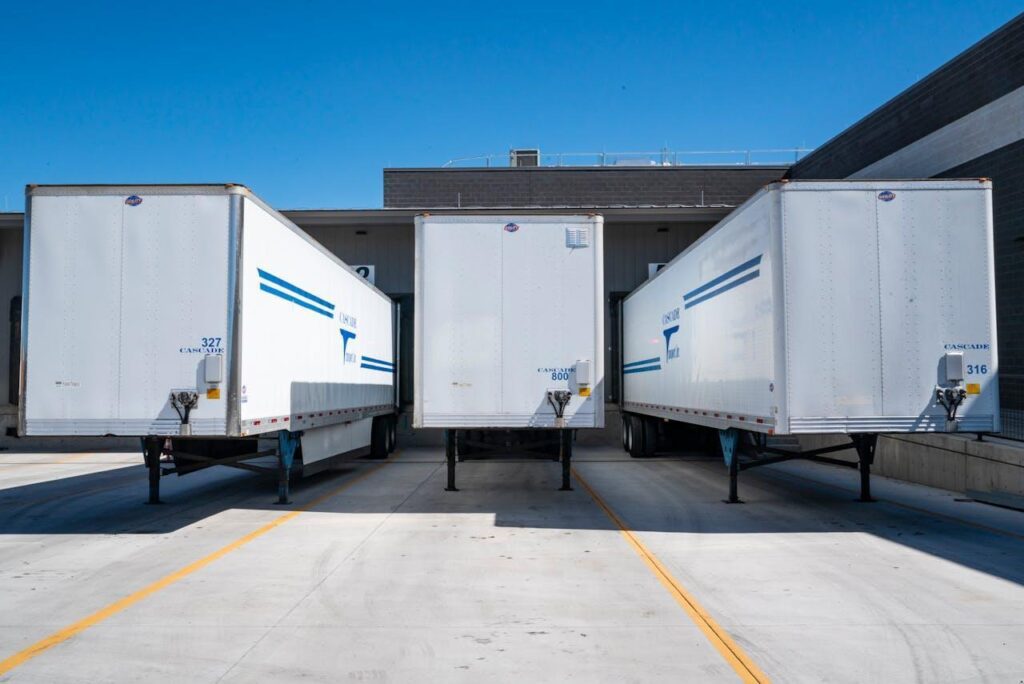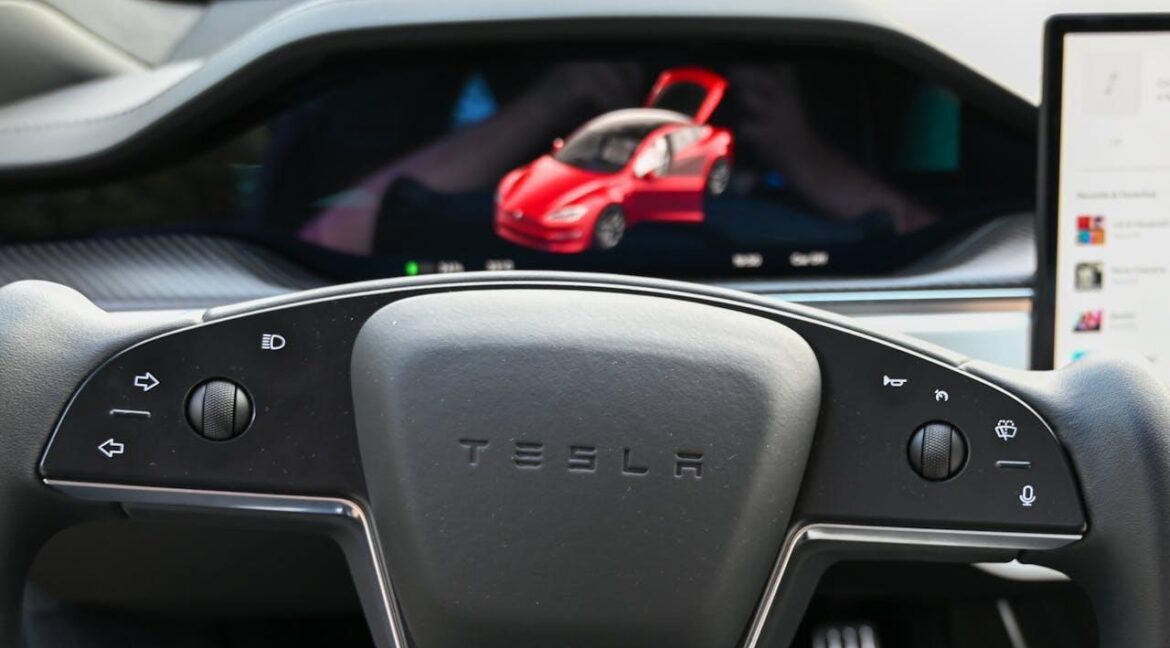Autonomous vehicles (AVs) are revolutionizing how we travel and transforming industries in previously unimagined ways. While the automotive industry is at the forefront of this technological innovation, other sectors are beginning to feel the ripple effects—including commercial real estate. As driverless technology advances and integrates more into society, it will reshape how we approach property development, location choices, and city infrastructure.
Changing the Landscape of Parking Needs
One of the most immediate impacts autonomous vehicles will have on commercial real estate is reducing the need for parking spaces. Today, parking lots and garages take up vast amounts of real estate in urban and suburban areas. With AVs, the need for individual car ownership is expected to decline as ride-sharing and vehicle-as-a-service models become more popular. Autonomous vehicles could simply drop off passengers at their destination and continue driving to serve other customers, meaning commercial properties could significantly reduce or eliminate parking infrastructure.
This could lead to the redevelopment of large parking structures into more profitable uses such as office spaces, retail outlets, or even green spaces. As parking demands decrease, cities could reclaim valuable land, providing new opportunities for urban planners and real estate developers.
Impact on Site Selection and Location
Traditionally, the location of commercial real estate has been driven by accessibility—properties near highways, public transportation, or high-traffic areas have commanded higher premiums. However, with the rise of autonomous vehicles, the importance of location could shift. AVs have the potential to make commuting more efficient and flexible, reducing the necessity for workers or customers to be located near major transportation hubs.
For example, people may find office spaces currently considered undesirable due to long commute times or poor access to public transportation more appealing, as AVs offer faster, more direct routes. This flexibility could lead developers to distribute commercial properties more widely, particularly in areas previously underdeveloped or seen as inconvenient.
Redefining Retail Spaces
The retail sector of commercial real estate could experience profound changes with the widespread adoption of autonomous vehicles. As AVs become more common, consumer shopping habits are likely to evolve. Imagine a future where driverless delivery trucks and robots handle the majority of retail deliveries. In this scenario, the need for large storefronts may diminish while the demand for well-located distribution centers rises.
Retail businesses may shift focus from high-foot-traffic areas to locations optimized for automated deliveries. Additionally, retailers could adopt smaller physical locations, relying more on AV delivery services to maintain customer convenience. Commercial real estate developers could, in turn, prioritize the creation of distribution hubs rather than traditional retail centers.
Optimizing Logistics and Warehousing
The logistics industry is already being transformed by autonomous technology, and the implications for commercial real estate are significant. Driverless trucks can operate 24/7 without the constraints of human drivers, drastically improving the efficiency of supply chains. This development is expected to increase the demand for strategically located warehouses and fulfillment centers to support around-the-clock operations.
Real estate developers may start to look at new criteria for warehouse placement. Autonomous vehicles can optimize routes and avoid traffic. As a result, proximity to major highways might become less critical. Instead, access to renewable energy sources or other logistical advantages could take priority. Autonomous delivery systems may also create a network of smaller, highly efficient warehouses. These would be spread throughout urban and suburban areas. This shift could reduce both delivery times and costs.

Transforming Office Design
As more people adopt AVs for commuting, office design could also undergo significant changes. For one, the current trend of including large parking structures in office complexes may become obsolete. Companies will no longer need to allocate substantial amounts of square footage to parking, and this extra space could be used for additional office space or employee amenities.
Moreover, with AVs making commuting more seamless, companies might rethink the location of their offices. Developers could redevelop suburban office parks, which currently rely on large parking lots, into mixed-use spaces. The newfound flexibility that AVs offer will likely inspire a reimagination of how offices are designed and where they are located.
Autonomous Vehicles and the Hospitality Industry
The hospitality industry, too, could undergo a transformation as a result of autonomous vehicles. Hotels near airports or major transportation hubs may find themselves less in demand as travelers rely more on AVs to transport them to their final destination without needing to stay overnight near the airport. Instead, hotels might find opportunities in more remote or scenic areas, as travelers using AVs can reach them more easily.
This shift could redefine the hospitality sector, pushing developers to consider locations that were previously overlooked. Additionally, hotels may incorporate AV-friendly amenities, such as specialized drop-off zones or charging stations for autonomous vehicles, to attract tech-savvy travelers.

Moving Services in an Autonomous World
With the rise of autonomous technology, the way goods and people are moved will change significantly. Moving companies, in particular, may need to adapt to this shift. For instance, as AVs become more integrated into the moving process, Preferred Movers and similar companies could utilize autonomous trucks to transport goods across longer distances without requiring as many drivers. This development could streamline the moving process and offer more flexible, cost-effective solutions for businesses and individuals alike.
Sustainability and Commercial Real Estate
Autonomous vehicles will play a significant role in promoting sustainability within commercial real estate. They will be more fuel-efficient and environmentally friendly than traditional vehicles, especially as they shift toward electric power. This shift aligns with the growing demand for eco-conscious commercial properties. Developers and investors are already seeking ways to create more sustainable buildings, and AVs could further this trend by reducing the carbon footprint associated with transportation.
For instance, commercial spaces designed with fewer parking lots and more green spaces will likely become more desirable. Properties that cater to AVs with features like charging stations and smart infrastructure could attract eco-minded businesses looking to align with the values of their customers.
A New Era for Commercial Real Estate
The rise of autonomous vehicles promises to reshape commercial real estate in ways that are both exciting and unpredictable. From reimagining parking and logistics spaces to transforming retail and office environments, AVs will push developers and urban planners to rethink the structure and function of cities and suburbs alike.
As this technology becomes more widely adopted, the commercial real estate industry must stay agile and open to the possibilities that AVs present. The future may be driverless, but it is full of opportunities for growth, innovation, and sustainability in real estate.
Photos used:
https://www.pexels.com/photo/screen-and-steering-wheel-in-tesla-17345639/
https://www.pexels.com/photo/three-white-enclosed-trailers-1267325/
https://www.pexels.com/photo/reception-desk-with-antique-hotel-bell-3771110/



